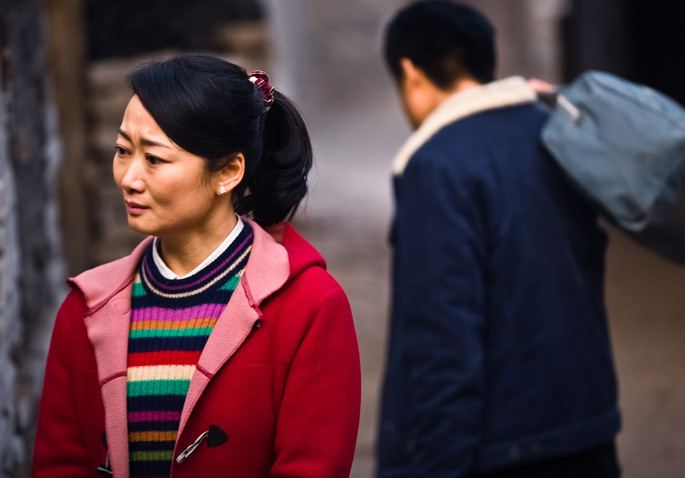By providing your information, you agree to our Terms of Use and our Privacy Policy. We use vendors that may also process your information to help provide our services. This site is protected by reCAPTCHA Enterprise and the Google Privacy Policy and Terms of Service apply.
Jia Zhangke Reveals How Charlie Chaplin and Vittorio De Sica Saved His Career
Tarek Shoukri

The filmmaker is currently on the Main Slate of the New York Film Festival with his latest ambitious feature, “Mountains May Depart.” In addition to being a director at this year’s festival, Jia Zhangke is also the subject of a documentary by Brazilian filmmaker Walter Salles, entitled “Jia Zhangke, A Guy from Fenyang,” which is playing in the Spotlight on Documentary section.
The influence of music in his films
Jia went on to note the emancipatory impact of the influx of pop cultures from Hong Kong, Taiwan and the West, saying that, “Through pop songs and pop cultures, the young people get to express themselves individually.”

The significant title(s) of “Mountains May Depart”
The theme of drift

What he’s learned from his wife and actress Zhao Tao
Since her acting debut in Jia’s 2000 film “Platform,” Zhao Tao has acted in every one of Jia’s films. Jia married his muse in 2012, but during the dialogue, he spoke about the lesson she taught him about film on their first encounter.
A vision of the future (and the future of film)

Feeling lost and found through film
By providing your information, you agree to our Terms of Use and our Privacy Policy. We use vendors that may also process your information to help provide our services. This site is protected by reCAPTCHA Enterprise and the Google Privacy Policy and Terms of Service apply.

















